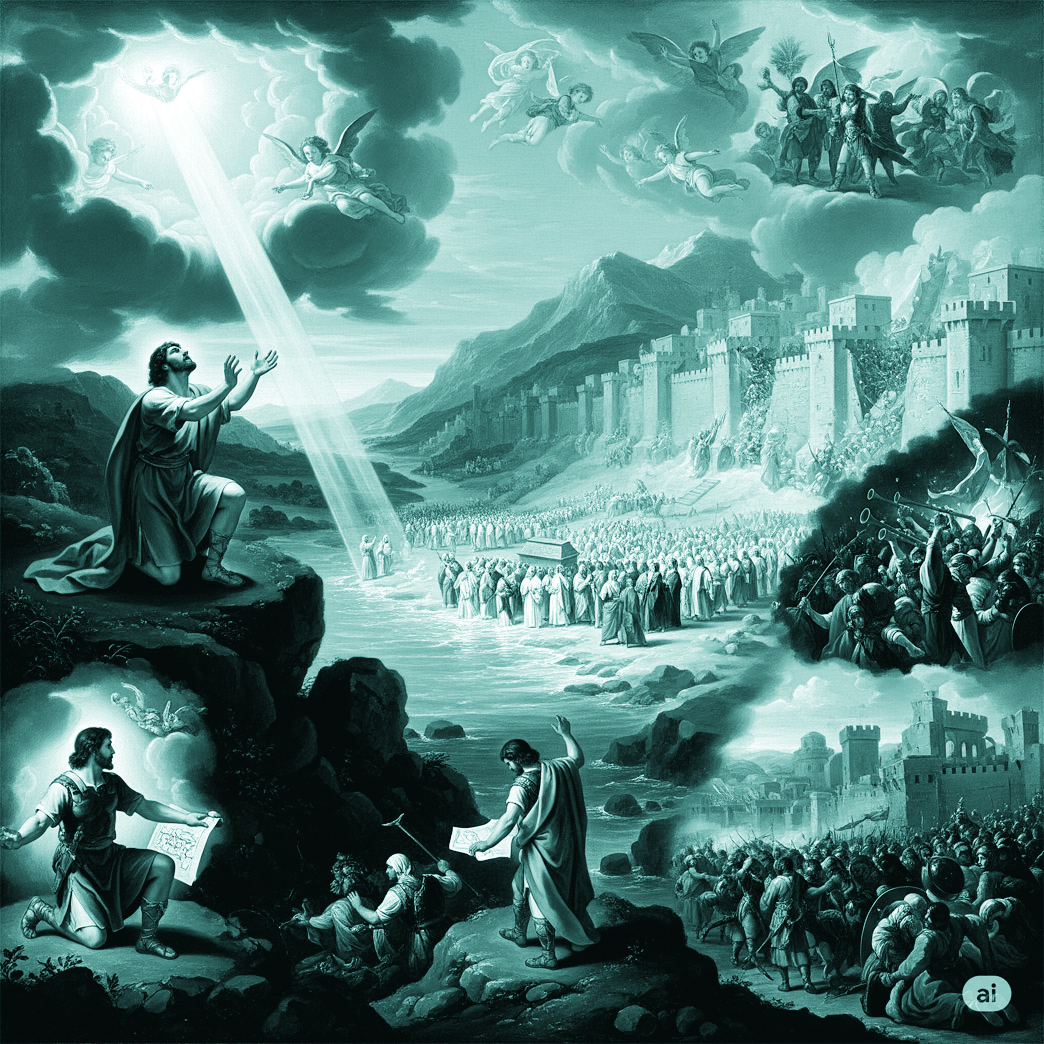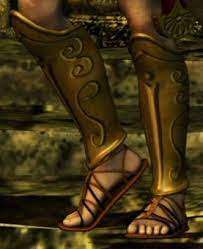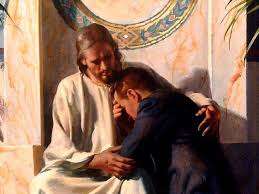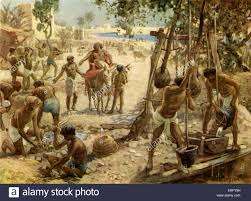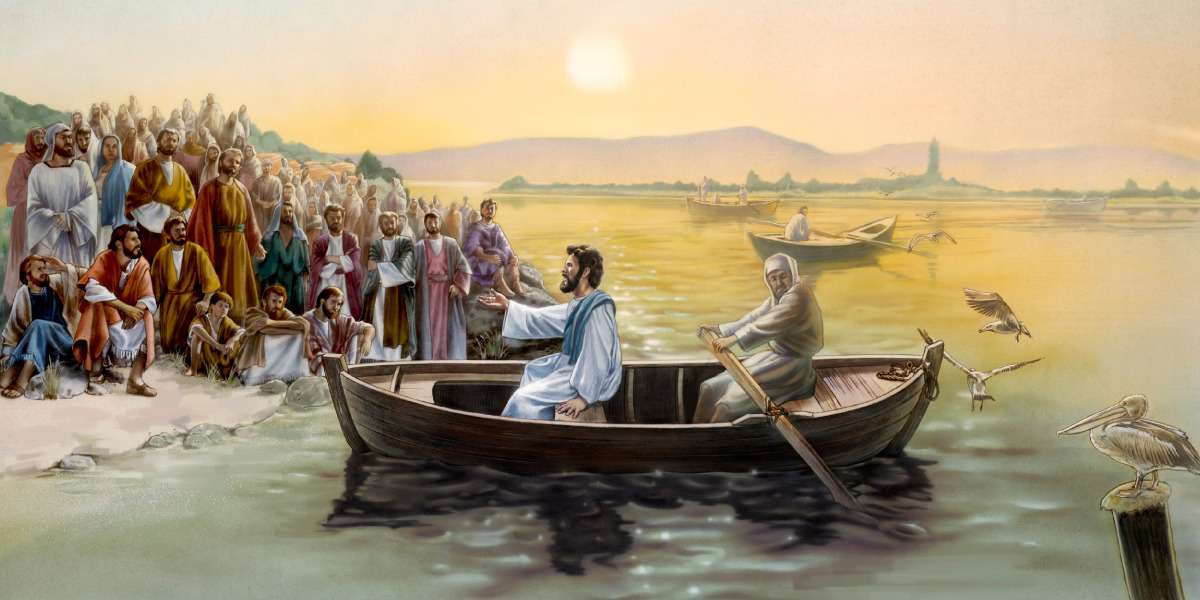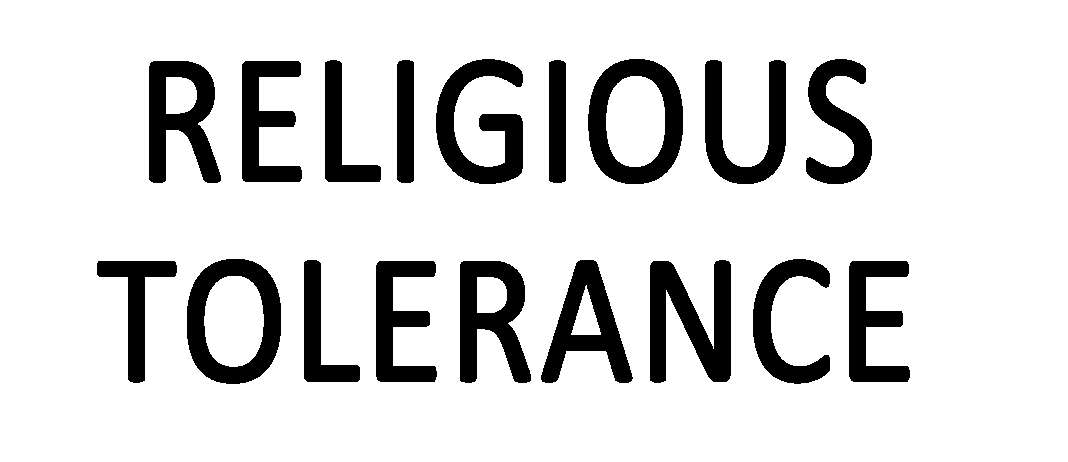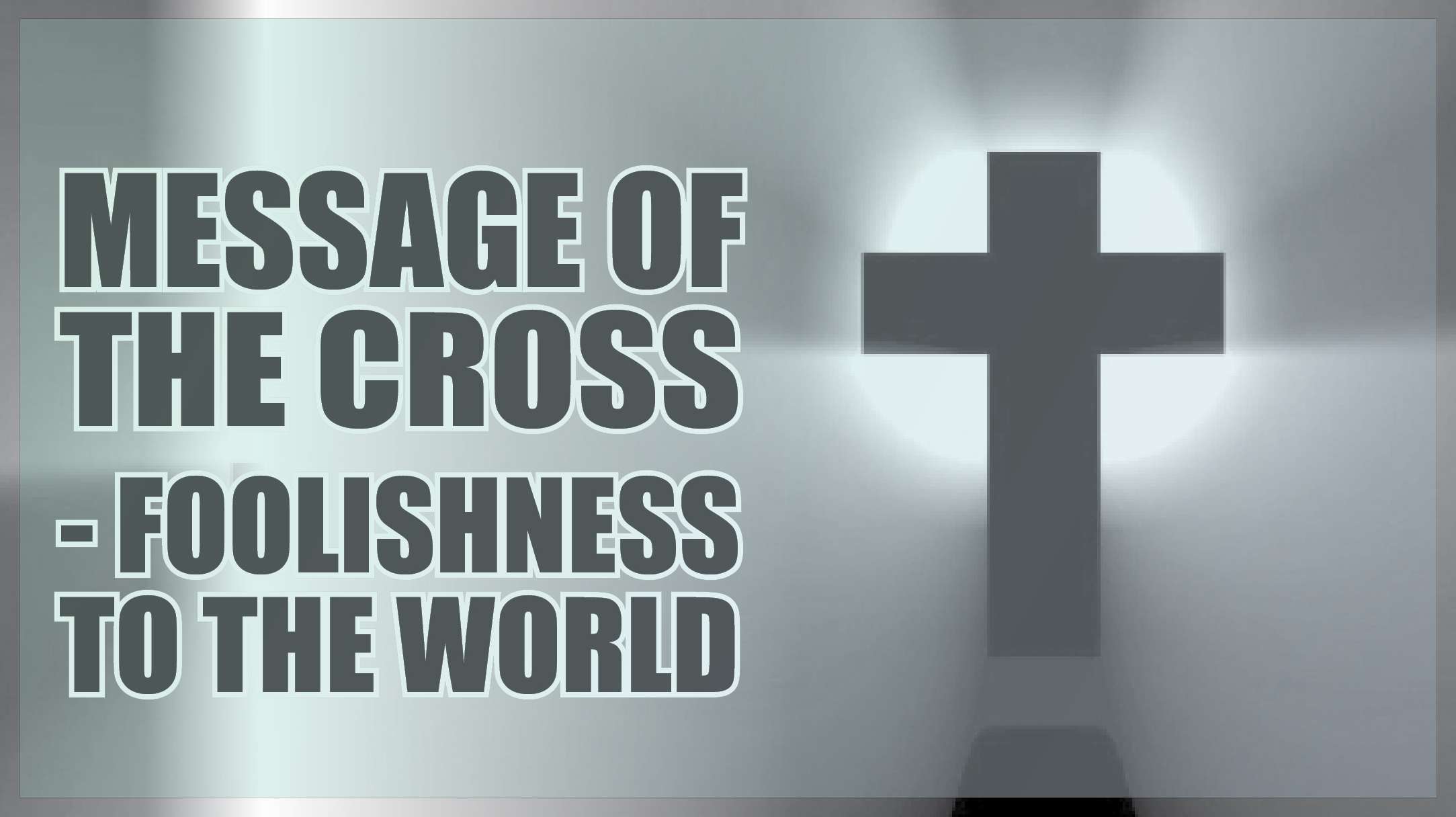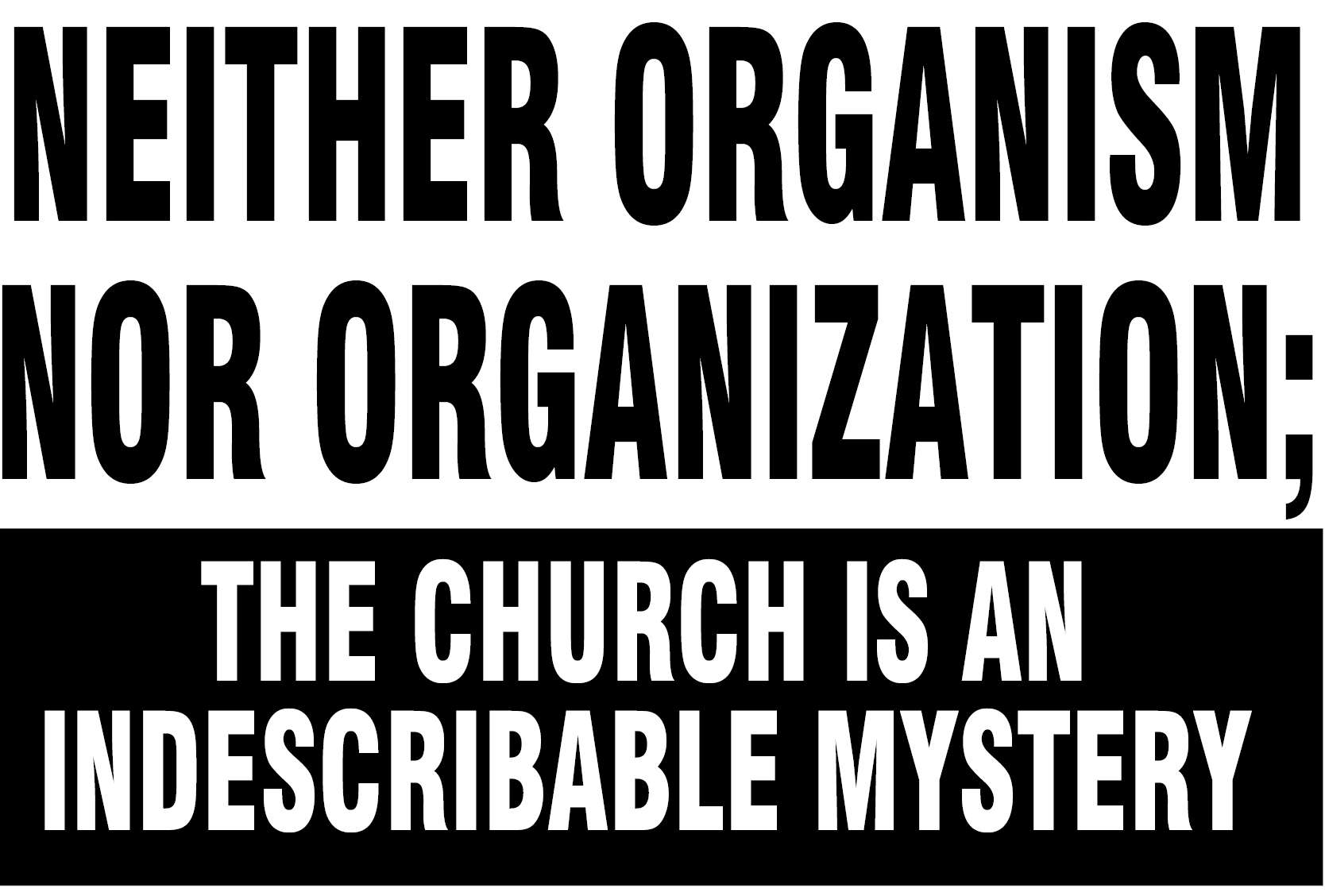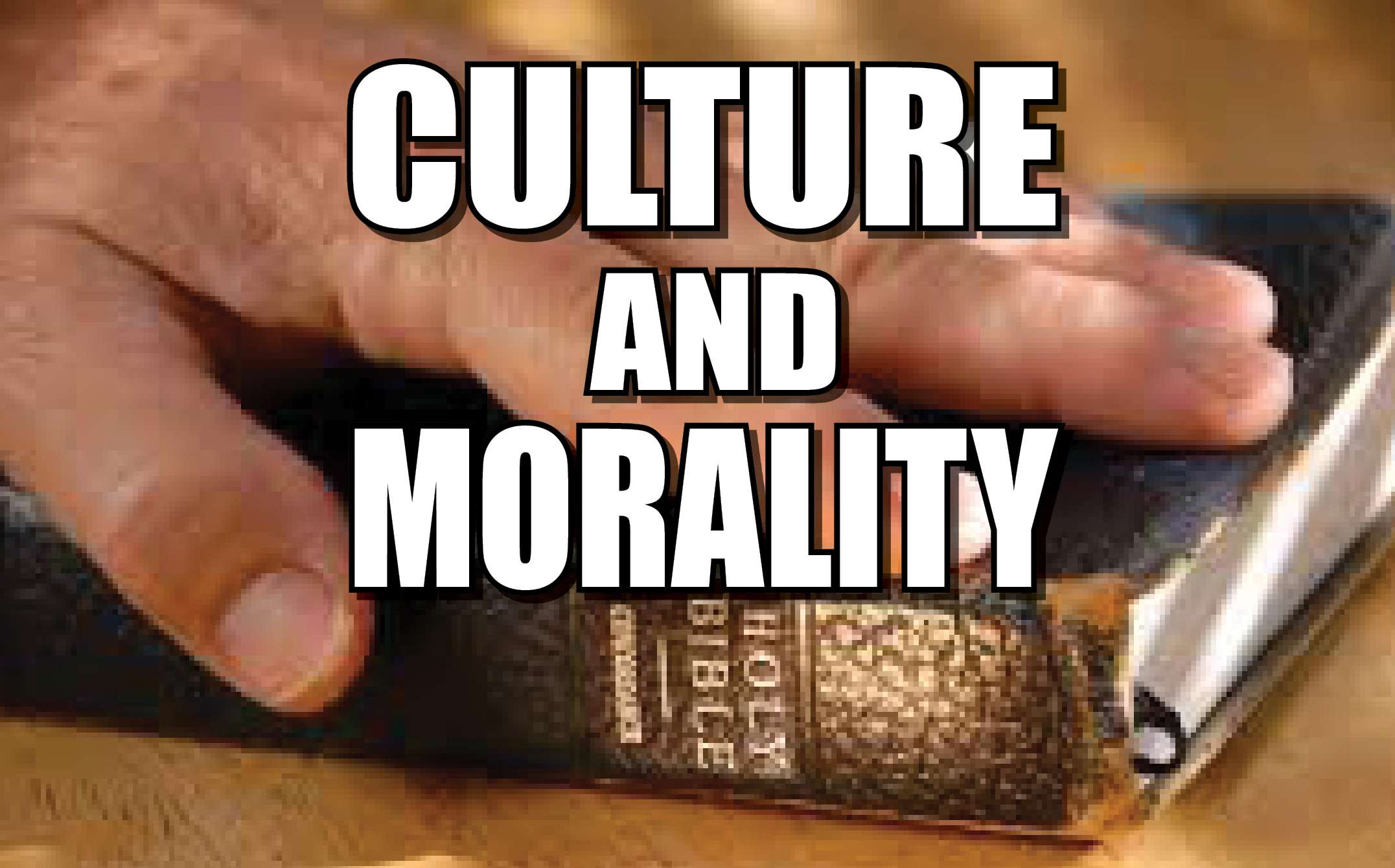

The Jerusalem Council - Mission Among Gentiles
Dr. J. N. Manokaran
I Introduction
Will the Christian spiritual movement that began on the Day of Pentecost in Jerusalem end up as a sect within Judaism? The Great Commission that embraces the whole world, and humanity will be diligently done by the Church. The danger was real, but the first Church Council, The Council of Jerusalem or Apostolic Council, happened around 48-50 AD in Jerusalem and is recorded by Luke in the Book of Acts. (Acts 15)
II Two questions
The issues centered on two questions: First, do the Gentiles first have to become Jews before they can become Christians? (Acts 15:1,5) Second, do the Gentiles have to observe the Mosaic Law after they become Christians? (Acts 15:11) Second question has a few sub-questions. How can the Gentiles ignore God’s covenant law? How can there be fellowship between the Law-keeping Jewish Christians and Law-ignoring Gentile Christians?
III Centre of Gentile Christianity
The city of Antioch became the center of Gentile Christianity while Jerusalem, the Jewish Christians. Though Cornelius was already a believer from a Gentile/Roman background, there were not many disciples among them. (Acts 10) The leadership of the Antioch Church was multi-cultural, multi-national, and multi-racial. The five leaders were from three different known continents of that time. (Acts 13:1) The news reached some of the Jewish Christians that many Gentiles became also followers of the Lord. Although they were glad, they did have anxiety the Gentile Christians would be loyal to the Mosiac Law. They came to Antioch and taught that Gentile believers should be circumcised to be saved. That resulted in a need for discussion and decision from the Apostles. Hence the gathering together of the Jerusalem Council.
IV Distraction and Division
The Jewish believers were zealous for the Law of Moses. They expected the Gentile believers to accept circumcision as the sign of covenant and follow the Mosaic Law. From Jerusalem, they visited Antioch. They began to teach that circumcision is essential for the salvation of Gentile believers. That means salvation is by faith plus work, the work in the specific context being circumcision. That created a division or difference of opinion among the believers and leaders in the Church at Antioch.
Covenat and salvation: Judaizers mixed God’s covenant with the nation of Israel and salvation. Being a member of God’s covenant community did not guarantee salvation. (Jeremiah 4:4; 9:25) Abraham was justified by faith, before circumcision. (Romans 4:9-13) Circumcision was a fruit or evidence of faith and not vice versa.
Grace and works: Imposing circumcision as a means of salvation is a distortion of the gospel and nullifies God’s grace. (Galatians 1:7; 2:3-5,21) The Jewish believers advocated salvation is grace plus works. The work of Law was circumcision. Even today, many cults even denominations add human work to faith to receive salvation.
Privileged and unfortunate: Judaizers considered themselves as privileged and others as unfortunate or rejected people. Hence, for them, salvation was only for Jews or those who are converted as Jews. It denies the universal character of salvation. (Colossians 3:11; Titus 2:11) Even today, some denominations teach that there is no salvation apart from the specific teachings or doctrine that they subscribe to.
Equality and fellowship: The Jewish Christian believers could not imagine how Gentiles could become their equals without becoming or converting to the Jewish faith and culture. These people came from Judea to Antioch to persuade the Gentile believers to become Jews first. Judaizers believed that the commonality for fellowship was circumcision and not the death, burial, and resurrection of the Lord Jesus Christ. Sadly, even today the churches are divided because of caste, class, race, denominations, and other worldly factors.
Mission nullified? By demanding Gentiles to be circumcised, the ministry of Paul and Barnabas was discredited, even nullified. They also said that the Gentiles could not be saved without the Law of Moses, which is a serious issue. Paul and Barnabas as true shepherds defended their flock and opposed the false teaching. Paul and Barnabas also decided to go to Jerusalem to discuss and settle the issue in consultation with the Apostles and Elders in Jerusalem.
V Dissention and Debate
While there was a great number of Gentile believers in the Antioch Church this created dissension and debate. The Gentile believers could have been disillusioned and could have backslid. Judaizers were more concerned with external forms of religiosity, while Paul and Barnabas were concerned about the spiritual essentials of the Christian faith. There are many churches who emphasize on external signs of Christian faith, and neglect the inner spiritual transformation. Paul and Barnabas took a clear stand that faith in the Lord Jesus Christ is the only essential for salvation. They feared that like Pharisees, there would Christian Pharisees, having more faith in legalism rather than the finished work of the Lord Jesus Christ.
VI Discussion
It was decided to take up this issue for discussion with the Apostles and other leaders in the mother church, the Church at Jerusalem. There was a need for authentic decisions. As the Apostles were alive and available, it was wise for them to take up the matter to the Apostles in Jerusalem. Thank God that this happened at the beginning itself. God preserved the Church from fallacy and defeated Satan’s design to reduce the church to an insignificant cult of Judaism.
VII Distinction does not exist:
Peter explained that there was no distinction between the Jews and Gentiles. This he had realized and understood when he saw a trance and the Lord guided him to go to the house of Cornelius. (Acts 10) The trance helped Peter to understand that God does not discriminate against the Gentiles, though the Jews did. As God sent angels to the house of Cornelius, God sent Peter to the house of Cornelius. If an angel could go to the house of Cornelius, Peter also should go.
In other words, all humans whether Jews or Gentiles, are sinners and need the Savior Lord Jesus Christ. Paul asserts all have sinned and come short of the glory of God. (Romans 3:23) All religious, social, economic, and political status ascribed by the world has no value in the spiritual life. Caste, Clan, Class, Family background, nationality, race, birthplace, intelligence, beauty/handsomeness, skin color, skills, club memberships, celebrity status, religious piety, and professional abilities…are of no value.
Peter suggested that a yoke should not be placed on Gentiles that neither our fathers nor we could bear. (Acts 15:10) Peter opined that the requirement of Mosaic Law in spiritual, moral, religious, social, ceremonial, hygienic, ritual aspects was a burden. Not only Peter’s generation, even their forefathers also realized so. The New Covenant is the Law written in the hearts, by the loving God, and disciples respond in loving obedience. (Hebrews 8:10)
VIII Definition
The gospel is all sinners are saved (which is a gift), by the grace of God, when a person exercises faith in the Lord Jesus Christ. Peter clarified and defined salvation as by grace. Later Paul writes to Ephesians mentioning that salvation is God’s grace, God’s gift received in faith. (Ephesians 2:8-10) There is only one name of the Lord Jesus Christ, through that name alone is salvation. There are not multiple ways according to culture or language or preferences or choices. One plus one equals two – This is the only right answer. One plus one equals three, four, five…are all wrong answers – billions of wrong answers. The Lord Jesus is the only Way, Truth, and Life. (John 14:6) Billions of wrong ways are there that leads to eternal death.
IX Defense
The success of ministry to Gentiles is given as reports at least on four occasions. Acts 14:27; 15:3; 15:4 and 15:12) The fruit of their labor in preaching the gospel and calling people to faith was evident. A tree is known for its fruits. (Luke 6:43-45) The response was a great joy (15:3); and also protests. (15:1,5) Paul and Barnabas defended their position by sharing how God has worked among Gentiles with signs and wonders. They also explained how believers are found among Gentiles. According to some scholars Timothy and Titus were present in Jerusalem and they were seen as examples of God’s mercy. Paul brought Titus to Jerusalem as a representative of all Gentile believers. (Galatians 2:1-4) Though his name is not mentioned, Titus is included in the other believers. (Acts 15:2)
X Decree
James, the Just – the half-brother of Jesus, brother of Jude, and author of the book of James spoke. (Matthew 13:55; Jude 1; James 1:1) He was the chairman of the council, not Peter or John. Apostle James makes the final decision after listening to various opinions, debates, and arguments. James the Wise quoted Amos, stating that salvation would come to the Gentiles as he had prophesized. (Amos 9:11-12) He asserted and affirmed that the Salvation for Gentiles has a strong Scriptural foundation. The Tabernacle (booth) of David had fallen according to Amos. It has been fulfilled as the Nation of Israel had rejected the Messiah and teamed with Romans to crucify Him. God rebuilds the fallen tabernacle or booth of David, through the Church, where Jews and Gentiles (nations) come together. Gentiles are called by His Name. They do neither become Jews nor are called as Jews but called by His Holy Name.
However, James determined that the Jerusalem Council would write to the Gentile believers to do certain practical things so that the Jewish community would not offended, and the fellowship broken. Four best practices were similar to those of the Seven Noahide laws. 1) Abstain from food offered to idols; 2) sexual immorality; 3) the meat of strangled animals, and 4) blood. These were to differentiate between believers Gentiles and others. These practices were especially mentioned because they are associated with the religious worship of gods and goddesses in many cultures. (Leviticus 17-18)
XI Dissemination and Delegation
The Jerusalem Council was pleased with the decision. The decision was documented, and it was sent as a letter through a delegation comprising of Paul, Barnabas, Judas, and Silas. (Acts 15:22) Along with Paul and Barnabas who came from Antioch; Judas and Silas were deputed from Jerusalem Church to the Antioch church. It was good to know that the Jews who were Judaizers had humility and were teachable. This decree was disseminated among churches as a letter to several churches with mixed congregations of Jews and Gentiles. The letter states that it seemed good to the Holy Spirit and to the council to take such a decision. The Spirit of God controlled and directed the discussion as well as the decision.
XII Conclusion and Challenge
The Lord Jesus Christ broke the walls of hostility between the Israel and the Gentiles. Symbolically, the veil that divided the Most Holy Place from the Holy Place in the Temple was torn from top to bottom. What God had opened, no one could shut. There is only One Gospel, One Savior Jesus Christ, Name, Way, Truth, and Life. Some misguided Jewish Christians with zeal for the Law were used by Satan to shut the door of salvation, hope, and eternal life for Gentiles. Sovereign God overruled such mischievous and malicious attempts and ensured that the Gospel is well defined, defended, and declared to the world. Similar distractive and disruptive strategies were adapted by Satan throughout the history of the church, he was always a defeated foe.

